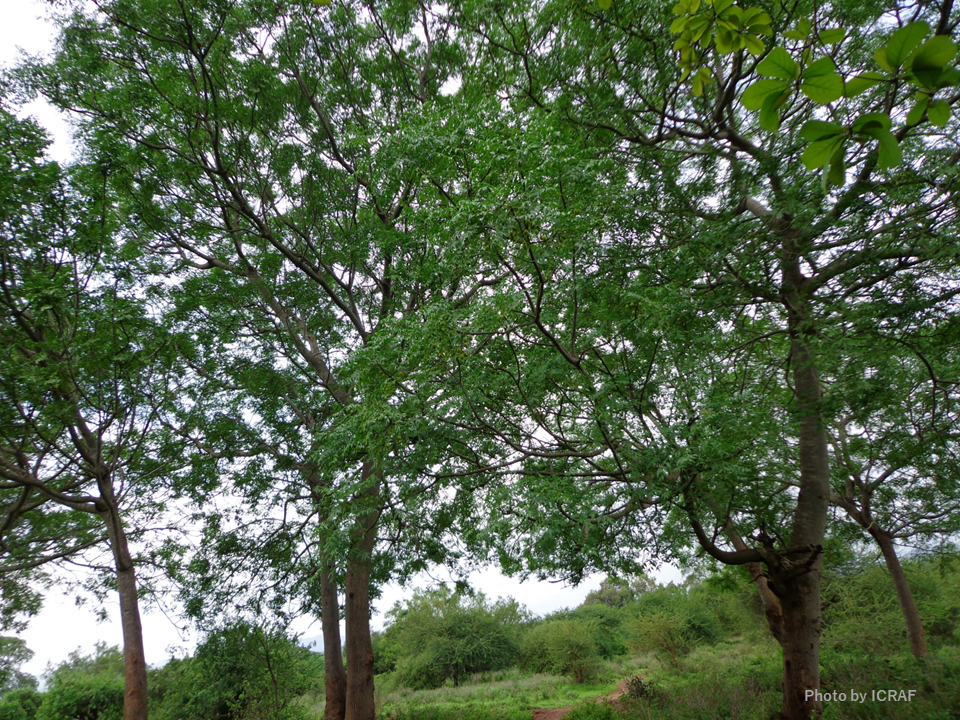Pick Up
1073. Atmospheric Methane Uptake by Tree Woody Surfaces

1073. Atmospheric Methane Uptake by Tree Woody Surfaces
Methane is an important greenhouse gas, and there is growing interest in reducing methane emissions from paddy fields and livestock farming in the agricultural sector. On the other hand, the role of trees in the methane budget has not been well known until now. Some studies have shown that trees in wetlands are a source of soil-derived methane, while it has been pointed out that the action of microorganisms on the woody surface of trees growing on arable land may function as a net sink of atmospheric methane.
The paper, published in Nature, examined the methane exchange of woody surfaces of trees in tropical, temperate, and boreal forests and showed that trees could be net methane sinks due to their contribution to methane absorption on woody surfaces, especially at sites above about 2 m from the forest floor.
Preliminary estimates using tree surface area estimates of forest trees across the globe suggest that trees may contribute between 24.6 and 49.9 Tg of atmospheric methane uptake. In particular, secondary forests have a small amount of biomass, but the large number of small trees means a high surface area, which means that methane absorption can compensate for the low carbon absorption of reforestation.
Given the limits of carbon uptake by tropical forests and the contribution of methane to temperature rise, the results of this analysis indicate that the protection and reforestation of tropical and temperate broad-leaved forests have the potential to contribute to climate change mitigation to a greater extent (nearly 10%) than previously assumed. In the future, it will be necessary to verify the methane absorption capacity of various tree species at the field level.
Reference
Gauci, V., Pangala, S.R., Shenkin, A. et al. Global atmospheric methane uptake by upland tree woody surfaces. Nature 631, 796–800 (2024). https://doi.org/10.1038/s41586-024-07592-w
Contributor: IIYAMA Miyuki, Information Program
